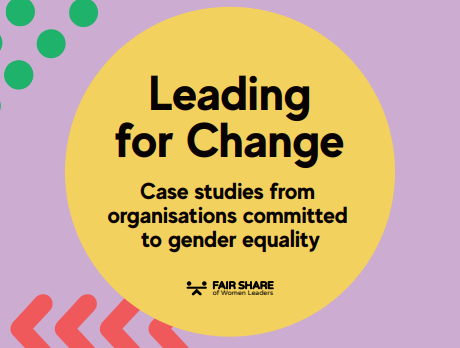This paper examines how the pandemic and associated government policies affected the availability and usage of vital health services in these three countries. It highlights disruptions to services such as antenatal care, immunizations, and family planning, primarily due to movement restrictions, reallocation of health resources to pandemic response, and reduced community outreach activities.
The study employs a social ecological model to explore barriers at individual, community, and policy levels, emphasizing the compounded challenges faced by women of reproductive age, adolescents, and children. It also discusses innovative solutions like telemedicine and differentiated service delivery models to mitigate service disruptions. The research underscores the need for resilient health systems and better policy coordination to maintain essential health services during crises. The findings suggest that future policies should balance pandemic control with ensuring continued access to critical health services, particularly for vulnerable population.





